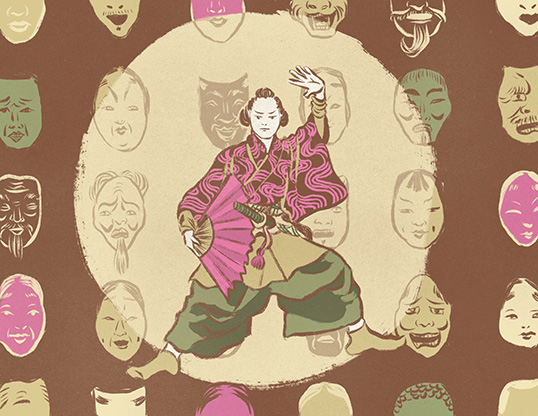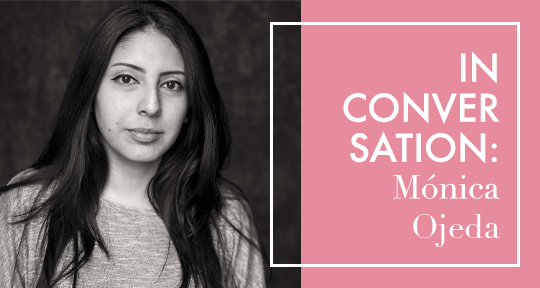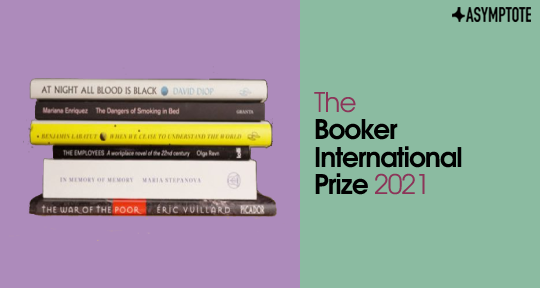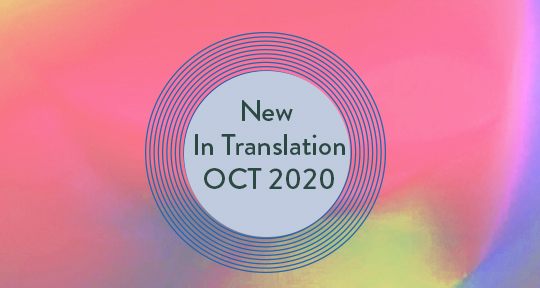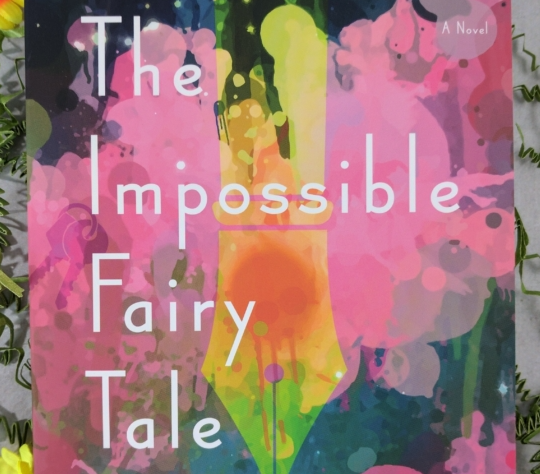In the shorter brightnesses of autumn, we bring you four sublime new translations from around the world to fill your days with their generous offerings of fantasy, mysticism, intrigue, depth, and good old excellent writing. From a radical, genre-defying text that blends the textual and the cinematic, to an Argentine novel that expertly wields dream logic, to lauded Japanese writer Hiroko Oyamada’s latest release, to the first ever volume of poetry from a Colombian woman to be published in English, we’ve got the expert guide to your next literary excursions.

Girls Against God by Jenny Hval, translated from the Norwegian by Marjam Idriss, Verso, 2020
Review by George MacBeth, Copy Editor
Unlike musicians, who often hear the same refrains sung back to them in crowds from Norway to Nizhny-Novgorod to Nottingham, writers can become disconnected from their corpus through the process of translation, often finding new markets and new readers for their early novels well into the mature phase of their authorship. Sometimes these multiple lives run in parallel, but more often than not, they’re discontinuous. Translated authors therefore begin to live out-of-sync with their work, jet-lagged as their oeuvre moves in transit across borders and between languages. This much is true of Jenny Hval, whose celebrated debut novella Paradise Rot was translated into English by Marjam Idriss in 2018, nine years after it was originally published in Norway. Now comes its highly anticipated successor Girls Without God, again translated from the Norwegian by Idriss.
Though mainly known for her eponymous musical output, comprising five studio albums and multiple collaborations (all in English), Jenny Hval originally studied creative writing in Melbourne and then in the Midwest, an experience of deracination (she originally hails from a small town in the south of Norway) that became the template for Paradise Rot. This book was a compost heap of bildungsroman, fantasy, horror, and queer love story—a peculiar, taut dreamwork that left residual stains in this reader’s memory. Its success lay in its distillation of a very particular ambience, the same oneiric mood conjured up by Hval’s music at its best (as on 2015’s Apocalypse, Girl): a dank warehouse filled with rotting fruit, sprouting mushrooms, and trashy novels; the estrangement of the Anglosphere’s soft food; the paradisical claustrophobia of a sudden and intense intimacy.
As Hval expressed in a discussion with Laura Snapes at the LRB bookshop in London, writing (rather than lyricism, or music) was her original aspiration—not so much because she felt she had any particular aptitude for it, but that, unlike the technological or instrumental expertise demanded by music, “it was unskilled. I could just do it.” This DIY ethos clearly informs the ambitious Girls Against God (whose title is itself drawn from a CocoRosie zine), which works over its themes in the same transgressive, intermedial groove as authors like Kathy Acker, Chris Kraus, and, more recently, Jarett Kobek’s invective “bad novel” I Hate the Internet. For this reason, the novel deliberately resists a simple synopsis. An unnamed narrator, who in many respects resembles Hval, is back in Oslo after a spell abroad, working on a film treatment that will channel the provincial hatred of her rebellious adolescence, the legacy of early Black Metal’s irruption against Norwegian petit-bourgeois society, and the desire of “Girls Against God” to sustain their rebellion against the heteronormative “Scandinavian reproduction blueprint” even when “our corpse paint has long since run from our cheeks.” Whilst working on her filmscript, she documents the formation of a sort-of witches’ coven with her bandmates, co-conspirators, and weird sisters Venke and Terese, with whom she engages in esoteric rituals and discussions about art, gender, and magic. READ MORE…





